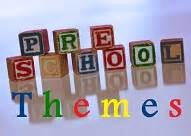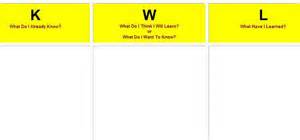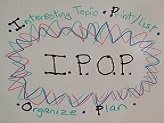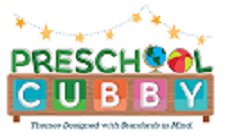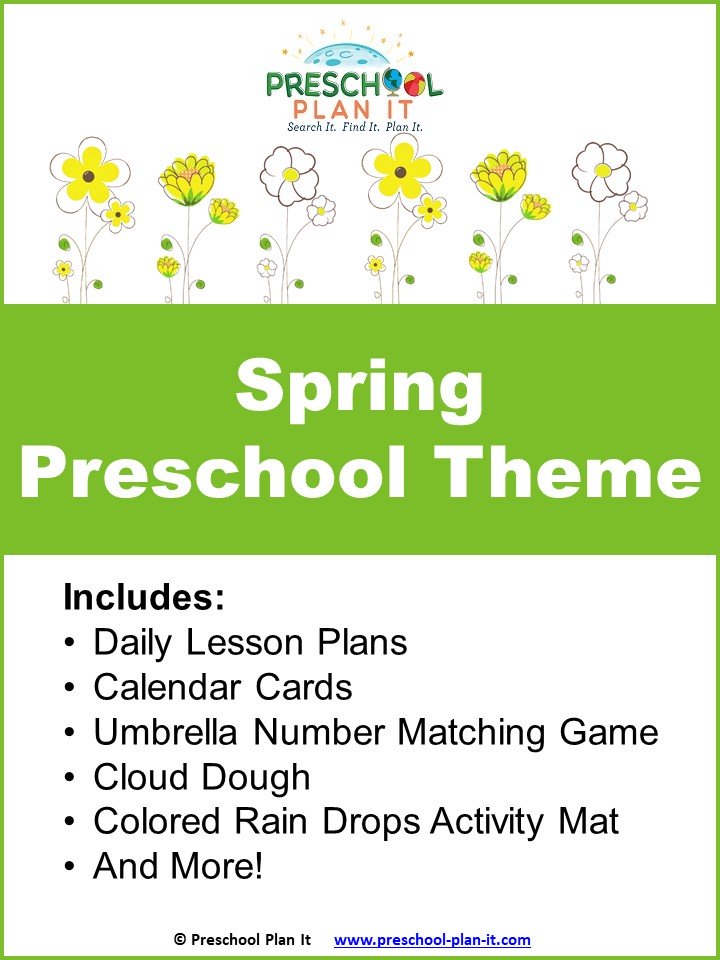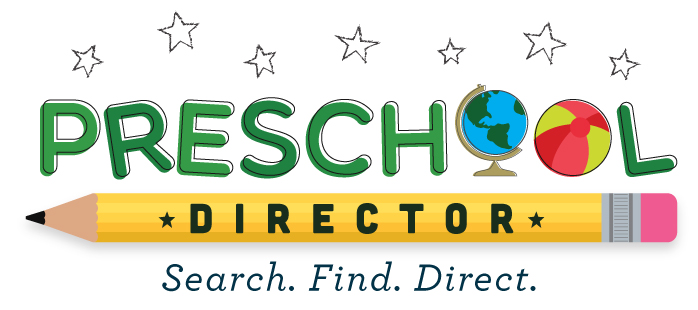Planning Preschool Themes
What exactly are preschool themes, and are they an effective way to teach? If you have been teaching preschool for any length of time, or have even been in a class of young children recently, you have probably heard about teaching with themes.
It is important to know whether or not themes are considered a useful way to teach preschool. Then you will need to know how to create and structure themes to maximize children's learning.
Read on for more details...
What Are Preschool Themes?
A theme is an idea or topic that a teacher and children can explore in many different ways. For example, a preschool teacher may decide to create a theme about plants. That topic, plants, will direct all of the classroom's activities for a certain length of time – usually between 1 week to a month.
The teacher will integrate literacy, science, social studies, math, music, and art all around the topic of plants. Activities may include:
- reading books about plants
- learning about the letter “p”
- discussions about caring for the environment
- planting, observing, and measuring a seed’s growth
- counting and sorting seeds
- singing songs about plants
- viewing artwork featuring plants and then painting their own plants
Preschool themes are often based on the learners' culture, environment or shared experiences. The ideas should arise from the kinds of events that take place in the classroom on a daily basis. For example, if many of the children are dealing with family issues, it may be wise to create a theme about families so you can discuss different kinds of families and changes that can occur.
Children should be involved in the planning stages. This will give them a sense of ownership about what they are learning. We all know how much preschoolers like to be “in charge” over what they are doing!
When I am ready to begin a new theme, I usually have a list of about three topics that I think would be appropriate for my class. I go over the choices with my class and let them decide which one they would like to explore next.
We create a KWLQ chart on that very first day. KWL stands for:
Know
Want to Know
Learned
You can add a fourth column "Q" to use during a review of your theme. The Q stands for: Questions We Still Have.
Fill out the Know section – what you already know about the theme, and the Want to Know section as a class when you begin a theme.
I take the information that the class gives me and then I am able to create a more in-depth plan for the rest of the theme. If I learn that the class already knows that whales breathe air like us, then I won't create a whole lesson on that during our Beach Theme.
Preschool themes work best when the teacher considers the total needs of the children and uses the themes to invite new learning. They should be custom-designed to fit the teacher and the children. You will be able to find many great ideas for themes right here on this website, but please customize them to fit your own classroom.
Are Preschool Themes an Effective Way to Teach?
Recent brain research points out the significance of creating patterns and assisting children in figuring out the connections to learning. Jane Healy, child development expert, says, "I am increasingly convinced that patterns are the key to intelligence. Patterning information means really organizing and associating new information with previously developed mental hooks."
A theme-based curriculum model encourages children to form those patterns. When all the learning activities are connected around a single "theme," children see how learning is inter-connected. For example, science isn't just a subject that stands alone, but it is intimately related to reading and math.
Teaching with preschool themes also addresses the fact that children learn best through play, active exploration of their environment, and thoughtfully planned activities. This means that early childhood educators should design learning environments and experiences in their themes that:
- are interesting, meaningful, and stimulating;
- support child-initiated play and exploration (books, blocks, puzzles, manipulative materials, sand, dress-up clothes, etc.);
- nurture the natural curiosity and enthusiasm of childhood;
- provide time for child-initiated learning;
- promote children’s knowledge and skills
In my opinion, teaching with themes is the BEST way to engage children in the learning process, knowing that you are helping them to make connections about the world around them.
What Are Common Preschool Themes?
There are some preschool themes that you will see in many classrooms. They are interesting, informative, and appeal to preschoolers. Keep in mind many of these themes can be combined nicely. Some examples are below. Click on the links to find activities for those themes!
GENERAL THEMES |
HOLIDAY THEMES |
I have HUNDREDS more Preschool Theme ideas for you!
My sister website, Preschool Plan It, has over 150 FREE full week themes for you to use!
Check them out by CLICKING HERE!
As stated above, you will want to take these theme ideas and adapt them to fit your own classroom. Only you know what your children need to learn best and what activities they will find most captivating.
Some preschool teachers decide to organize their themes slightly differently. They will have preschool monthly themes that may be organized around a character trait that they want to teach, seasonal activities, or use the above themes and break them up into sub-topics. It is up to you how you want to arrange your themes.
How Are Preschool Themes Planned?
I use a plan that I call "IPOP" for planning themes. It is an acronym for:
I =Interesting, fun and exciting theme choice.
P =Printing any and all ideas that come to mind about that theme name.
O =Organize ideas into interest centers
P =Plan daily and weekly lessons
To learn exactly how to plan a theme, read my series of articles on IPOP.
Click here to go to the Preschool Lesson Plans Page to learn even more!
Go to Preschool Professor's HOME Page
